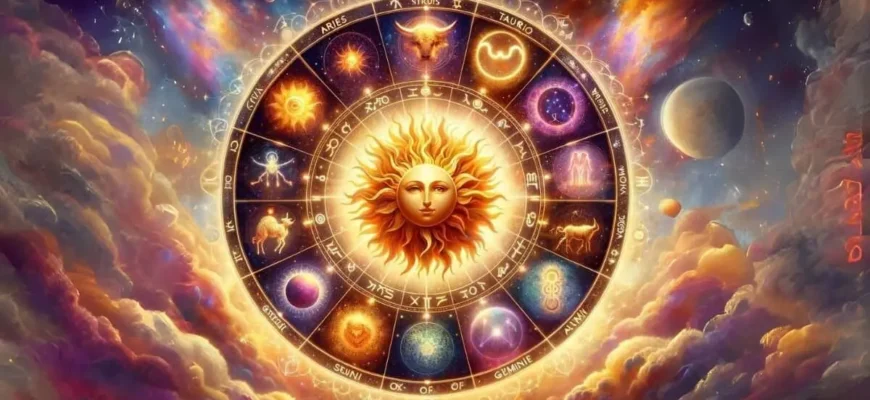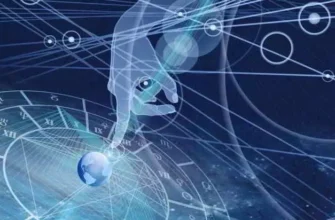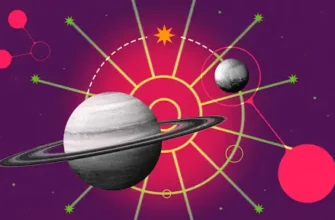In House Analysis, the Seventh House of Marriage, also known as the Descending House, plays a crucial role in every astrological chart, revealing through astrology interpretation how we build relationships, seek harmony, and connect in love. This sector of the astrological chart governs partnerships, unions, and the ways we form meaningful connections with others. In astrology reading, the Seventh House highlights one’s approach to love, commitment, and balance within relationships.
Often called the House of Marriage, it reflects not only romantic bonds but also business and spiritual partnerships. Through astrology interpretation, planetary placements here show how emotional balance and shared purpose manifest in life. Opposite this lies the Eighth House, known as the House of Illness, Rebirth, and Resources, a mysterious realm governing death, transformation, and unexpected wealth, revealing deep emotional and financial exchanges between individuals.
It symbolizes shared resources such as inheritance, insurance, and investments — the support received from others. Because the Eighth House stands opposite the Second House of self-worth, it highlights the values and power we gain through others. A free birth chart reading uncovers how these houses shape destiny, intimacy, and karmic growth.
The Seventh House of Collaboration and Intimate Interaction
The seventh house represents the time when, after life has grown, flourished, and blossomed, it begins to seek close connections and interactions with others, complementing each other’s strengths and establishing symbiotic relationships of mutual dependence and survival.
The seventh house represents marriage, intimate interactions, social interactions, important partners, and competitors, conveying a sense of interdependence and inseparability, symbolizing the various irreplaceable interpersonal roles in human society.
Therefore, planets in the seventh house indicate a strong emphasis on interpersonal interaction, constant contact with others, and the ease with which one can reach consensus and share common goals.
Furthermore, planets in the seventh house can also reveal the type of partners one attracts and one’s attitude toward others.
Key topics
Spouses, partnerships, private consultations, open enemies, important partners, close interactions, legal proceedings, contracts
Comprehensive Analysis
The sign on the cusp of the seventh house reveals your love personality and your attitude towards your partner.
The sign on the cusp of the seventh house indicates the other person’s status and their attitude toward and interactions with key individuals, including intimate partners.
For example, a Capricorn rising sign with a Cancer descendant reveals a strong yet sensitive personality. In relationships, they are often the giving partner, constantly attentive to their partner, which can lead to their partner becoming dependent on them in various aspects, potentially causing their partner to lack independence. Another example is a Gemini rising sign with a Sagittarius descendant.
Their eloquence and ability to attract friends and friends easily attract others to collaborate, but interactions can be overly casual. Despite the abundance of opportunities, promises are often made easily, but not always followed through. In relationships, they are frank and forthright, often encouraging their partner to achieve their dreams. However, they dislike being constrained and tend to be more self-indulgent. Their partner often has a very different upbringing from yours, but they are well-off and well-suited, making them well-suited to someone who brings you freedom and avant-garde thinking.
The sign on the cusp of the seventh house reveals your partner type and destined marriage.
The sign on the cusp of the seventh house represents those closest to you, revealing the qualities we’re drawn to—in other words, the type of romantic or marriage partner we’d like or find suitable. The seventh house also highlights the “complementarity” of life, so the other person likely has certain traits and behaviors that we dislike, envy, dislike, or find difficult to accept.
For example, someone with Virgo rising might have their seventh house in Pisces. Virgos are perfectionists, detail-oriented, and can be quite picky and practical. They find it difficult to resist someone easygoing, considerate, gentle, and romantic, and these traits are highly compatible with Pisces. Therefore, they may be less understanding of sentimentality and impracticality. Similarly, someone with Gemini rising might have their seventh house in Sagittarius.
Geminis are quick learners, adept at absorbing new knowledge and imparting information. However, they are easily distracted, leading to a plethora of skills, yet mastery of none. Therefore, they are easily attracted to those with Sagittarius-like traits, such as a love of intercultural encounters, a knack for exploring and studying the essence of things, a love of freedom, and avant-garde thinking. Their partners often have very different backgrounds but are well-off. However, they can also be puzzled by their narcissistic tendencies.
The planets that fall into the seventh house can tell you how soon your marriage will come and the probability of cheating.
In today’s society, the seventh house represents not only legal marriages, but also intimate partnerships and emotional relationships. If personal planets fall into this house, especially Venus and Mars, it means early marriage; if Saturn and Neptune fall into this house, it is easy to marry late or not marry; if Uranus and Pluto fall into this house, the divorce rate is higher.
Generally, the more planets fall into the seventh house, the greater the need for intimate interaction, the more complex and unpredictable the marriage status and intimate interpersonal relationships become, and even the objects tend to be diversified.
For example, if the seventh house has planets such as the Moon, Mars, Jupiter, Uranus, Neptune, and Pluto, it is easy to have relationships with many people at the same time, and the emotional relationships are relatively rich, which may even bring some confusion and trouble. It is difficult for people to focus on a single object.
The planets in the seventh house can tell you your emotional intelligence.
The seventh house represents more than just a simple date between two people; it represents the establishment of a social contract. For example, relationships between lawyers and clients, tutors and students, doctors and patients, and business partners—negotiated agreements that affect the positions and interests of many individuals. These agreements are manifested in face-to-face interactions: the ability to read people’s expressions, the attitude adopted, and the proper balance in interactions—a skill that can be described as a strategic public relations skill.
Those with planets in the Seventh House are adept at reading people’s expressions and developing interpersonal skills, making them well-suited to public relations and social interaction. They often interact closely with others at work, enjoying the role of matchmaker and middleman, serving as a bridge between others. Therefore, they are well-suited for roles such as public relations reception, professional consulting, judging, human resources matchmaking, agency management, and special assistant staff.
If a masculine planet is in the Seventh House, the individual is adept at interacting with others and needs to coordinate and work closely with others to build good relationships and demonstrate their identity and abilities.
Generally speaking, those with the Sun, Venus, or Jupiter in the Seventh House tend to establish interactions with “famous figures,” taking advantage of them and feeling proud of their achievements. Those with the Moon, Mercury, and Mars in the
Seventh House often interact or intersect with others quickly, but these relationships can be fickle and uneasy. Those with Saturn and Neptune in the Seventh House tend to associate with disadvantaged groups or form relationships with others for unknown reasons, taking on their responsibilities. Those with Uranus or Pluto in the Seventh House are prone to suddenly partnering with others, only to experience sudden or unexpected breakups or even separations.
The planets in the seventh house can reveal your hesitation and confusion index.
The first house and the seventh house are opposite houses, so when too many planets fall into the seventh house, the following phenomena will occur:
- Dependence on partners for everything and easy to be influenced by others
- Lack of independent thinking and excessive concern for other people’s opinions
- Only focus on establishing interpersonal partnerships and maintaining good interactions, while ignoring the expression of personal will
Therefore, an overly unbalanced seventh house will cause people to lose their stance, become indecisive, and even feel that they are living their lives only for others. They need to learn the life lesson of “balance between self and others.”
The potential crisis of cooperation can be seen from the planets falling into the seventh house.
The hidden danger of the Seventh House is that if disagreements arise in increasingly dependent collaborations, and differences in mutual understanding arise, especially with Mars, Uranus, and Pluto in the Seventh House, it is particularly easy to fall out with others, leading to conflicts of interest and the creation of well-known enemies. An afflicted Seventh House can lead to legal trouble, forcing once-close partners to face off in court, where private matters are publicly exposed and inextricable resentment is forged.
The seventh house reveals your hidden self.
The seventh house, the “Descendant,” is the opposite of the first house (Ascendant). While the first house symbolizes one’s personal identity, the seventh house symbolizes the identity of a significant partner, revealing the “other side” of one’s outward personality—the “hidden self.” These hidden, unconscious aspects of one’s personality, revealed through interactions, reflect repressed, subtle, and unrecognized traits through others, known as the “shadow personality.”
For example, those with Saturn in the seventh house may frequently criticize others, seek control, or harbor a fear of them.
Thus, the seventh house acts like a mirror, easily attracting significant others with opposite traits, such as spouses, partners, enemies, and rivals.







